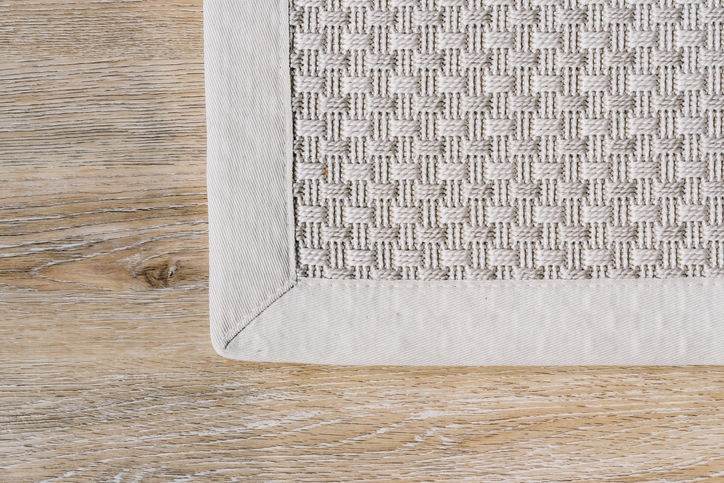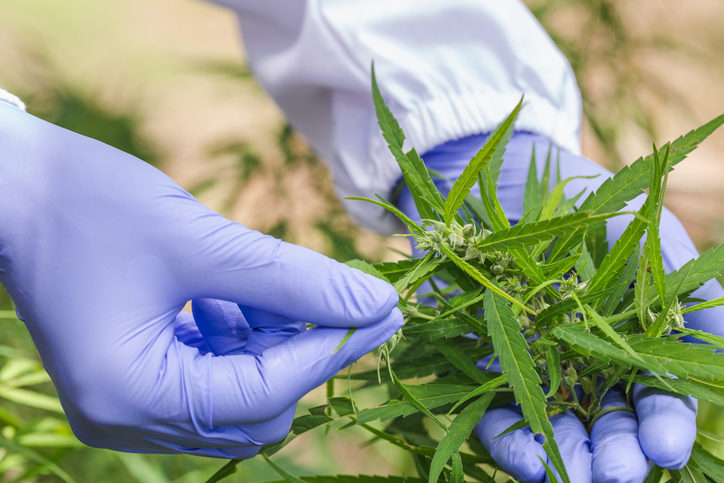Interested in a Career in Auto Body Repair? Find out if Future Cars Might Be Made With Hemp

It’s no question that the automotive industry is going green, but some of the ways that carmakers have integrated eco-friendly components have surprised auto lovers and environmental activists alike.
One such instance is Porsche’s announcement that the 718 Cayman GT4 Clubsport would be made, at least partially, from hemp. This unconventional material is biodegradable, sustainable, organic, and can drastically increase fuel efficiency. Because of the benefits hemp offers, many wonder if other car companies will follow in Porsche’s footsteps.
Want to learn more about this plant-based technology? Read on to find out all about hemp, its benefits, and its history in the automotive industry!
How Does Hemp Help the Environment?
One of the key benefits of using hemp is its relatively small ecological footprint in contrast to carbon fibre composites. The organic ingredients used in the 718 Porsche Cayman GT4 Clubsport are derived largely from agricultural by-products such as hemp and flaxseed, which are both renewable resources.
Additionally, hemp weighs 30% less than carbon fibre materials. As those in auto body training know, this is significant because lighter cars require less gas, which puts less pressure on non-renewable resources.
Another beneficial quality of hemp is its biodegradability. Every year, 5-6% of Canada’s vehicles cease to be used. Although shredder facilities process most of these car components, a great deal still ends up as waste. But if a vehicle is made mostly of hemp, it could be buried and consumed by bacteria.

How Can Hemp Be Used in a Career in Auto Body Repair?
Now we know hemp’s environmental impact – but what implications does it have for the auto industry?
Researchers in Australia and England suggest that car manufacturers have a lot to gain from using hemp. For starters, the use of biodegradable materials would decrease the amount that manufacturers pay to dispose of waste. Hemp fibres also are considerably cheaper to manufacture, and their strength-to-weight ratio is higher than steel.
While hemp has many benefits for car manufacturers and owners, there is one particular drawback – over time, hemp can cause a musky odour in a vehicle.

A History of Hemp for Those in Auto Body Training
If you considering a career in auto body repair, you may be surprised to learn that the use of hemp in cars is not a new idea.
In 1941, Henry Ford created a prototype vehicle that incorporated cellulose from wheat, soybeans, and most importantly, hemp. Inspired by Henry Ford, car fanatic Michael Dietzen used the chassis of a Mazda to create a vehicle almost entirely made of hemp in 2016. His “green machine” used 100 pounds of woven hemp, weighs less than fibreglass vehicles and is ten times more dent-resistant than steel.
As for which car company will use hemp next, we’ll have to wait and see. But considering the growth of green trends in the automotive industry, we are likely to see a lot more organic materials used in vehicle production going forward.
Interested in becoming an auto body technician?
Contact Automotive Training Centres to learn more about this exciting career!

